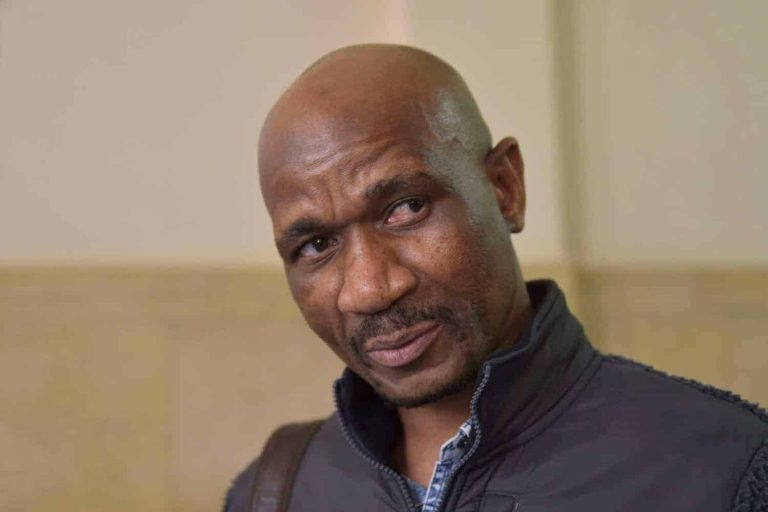
Despite some progress in curbing daily oil theft, Nigeria has lost crude oil worth a jaw-dropping ₦8.41 trillion to theft and metering deficiencies between 2021 and July 2025, according to new data released by the Nigerian Upstream Petroleum Regulatory Commission (NUPRC).
The report revealed that 69 million barrels of crude oil vanished over the four-and-a-half-year period, costing the nation an estimated $5.61 billion in lost revenue. While daily losses have reportedly dropped to their lowest in nearly 16 years, industry analysts say the total economic damage is staggering , exposing deep-rooted failures in governance, security, and infrastructure monitoring.
Year-by-year breakdown from NUPRC shows:
- 2021: 37.6 million barrels lost
- 2022: 20.9 million barrels
- 2023: 4.3 million barrels
- 2024: 4.1 million barrels
- 2025 (Jan–Jul): 2.04 million barrels
Using average Brent crude prices for each year (as reported by Statista), the cumulative losses in dollar terms amounted to $5.61 billion. At the current exchange rate of ₦1,500 per dollar, that equals ₦8.41 trillion, a figure that dwarfs key national spending.
What could ₦8.41tn build?
- 56,074 primary health centres at ₦150m each
- 129,401 classroom blocks at ₦65m each
- 10,191 km of roads at ₦825m per kilometre
To compare, the entire health budget for 2025 is ₦2.48 trillion, while the education budget stands at ₦3.52 trillion. Even the ₦1 trillion allocated for 468 road projects in the same year pales in contrast to the value lost to oil theft.
While the NUPRC has celebrated a reduction in daily losses with theft now averaging 9,600 barrels per day (bpd) in 2025 compared to 102,900 bpd in 2021 energy experts say the damage is already profound.
Regulator: Progress Is Real
The NUPRC insists that new strategies are beginning to yield results. In July 2025, daily crude losses dropped to 9,600 bpd, the lowest since 2009, when losses were pegged at 8,500 bpd.
“This is a departure from the high-loss years. We’re seeing tangible improvements,” the commission stated.
It credited reforms enacted under the Petroleum Industry Act (PIA), alongside improved technological surveillance, stricter monitoring, and community engagement.
The crude oil theft debate underscores a paradox: while Nigeria’s monitoring has improved, the cumulative losses continue to haunt the country’s finances, robbing it of the opportunity to fund life-changing infrastructure.


